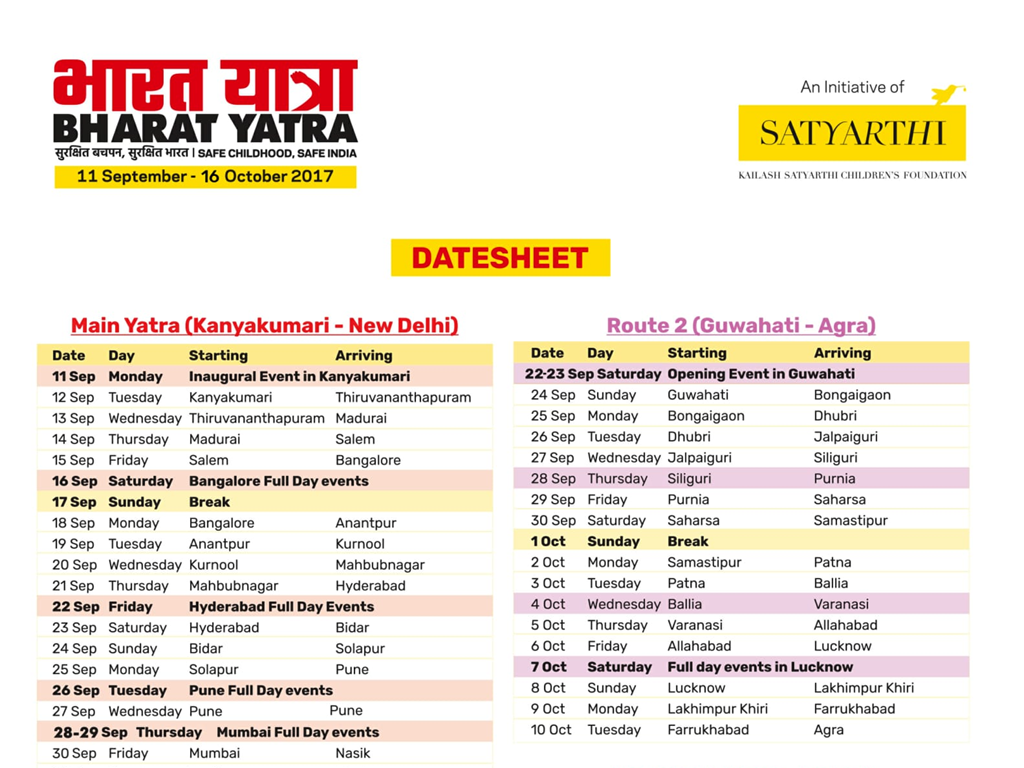 Ranchi, 21 Sep 2013 :: Justice Madan B Lokur [ Supreme Court Judge] today stressed the need to have “re-look” in terms of incorporation of customary laws and practices through granting of “autonomy” to tribals.
Ranchi, 21 Sep 2013 :: Justice Madan B Lokur [ Supreme Court Judge] today stressed the need to have “re-look” in terms of incorporation of customary laws and practices through granting of “autonomy” to tribals.
Justice Lokur was delivering a lecture as chief guest on ‘Role of customary laws for good governance’ orgainsed by the Centre for Tribal and Customary Law (CTCL), School for Study of Culture, Central University of Jharkhand.
Elaborating on legislative powers, he said there is a need for greater freedom for tribals to implement their own customs, in certain areas and over certain subjects, instead of expecting the state legislature to ensure that its laws are in conformity with their customs.
On executive powers, he felt the need to reform various functions and powers of the gram sabhas and looking into coordination of these institutions with more traditional customary village councils.
For judicial powers, he stressed for enhancing scope of tribals to adjudicate disputes amongst themselves and according to their own understanding of law.
“To begin any discussion on customary law and its impact and relevance on good governance, it is necessary to appreciate how custom and customary law is looked at in international law, domestic law and the possible linkages with good governance”, he said adding tribal communities in India constitute nearly 100 million people and live in about 15 per cent of the country’s total land area.
There are 622 recognised tribes in India and each with a different and long history of tradition and customary law, he said and brought home the point that for the purpose of decisions in many cases, courts have had to grapple with fundamental questions regarding customary law.
Justice Lokur cited various cases across the globe mainly: domestic law (Australia), rights of indigenous people (Canada), bill of rights (South Africa) and also U.S.
Referring to north eastern region, he said the system of enforcement of tribal customs is “very strong” there and it is constitutionally protected.
“I am of the view that it is necessary for all of us to try and strengthen customary courts and enforcement of customary laws amongst the tribal communities since that system of administration of justice has been accepted and practised by them for centuries without any dissatisfaction with their justice delivery system”.
Guest of Honour Fr (Dr) Emmanuel Barla, Vice Principal of St. Xavier’s College spoke mainly on tribal communities and custom in Jharkhand.
“Land is significant as it means of our livelihood, worship and as well as signifying ancestor veneration”, he said.
Vice chancellor of CUJ Prof Darlando T Khathing in his presidential speech said about the importance of the subject adding he himself belongs to a family comprising two different tribal communities in the NE region. He said custom comes from bottom level and hence a matter of understating and acceptance.
Head of Centre for Tribal and Customary Law Prof. Jeuti Barua in her welcome address narrated the activities of the centre and need of such talk, the first of its kind in the varsity.
She also read out the speech of acting Chief Justice of Jharkhand High Court Mr Justice D N Patel as he could not present on the occasion.
Dr Walter Beck, coordinator proposed the vote of thanks.
Besides, a large number faculty and students of nearby educational institutions like National University of Study and Research in Law (NUSRL, Ranchi), Vinoba Bhave University, Hazaribagh and Ranchi University, St Xavier College, Ranchi also attended the lecture.
Information given by :: Prasanta Bora, Chief Communication Officer, Central University of Jharkhand


